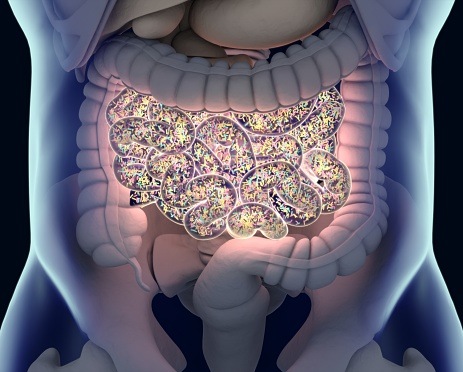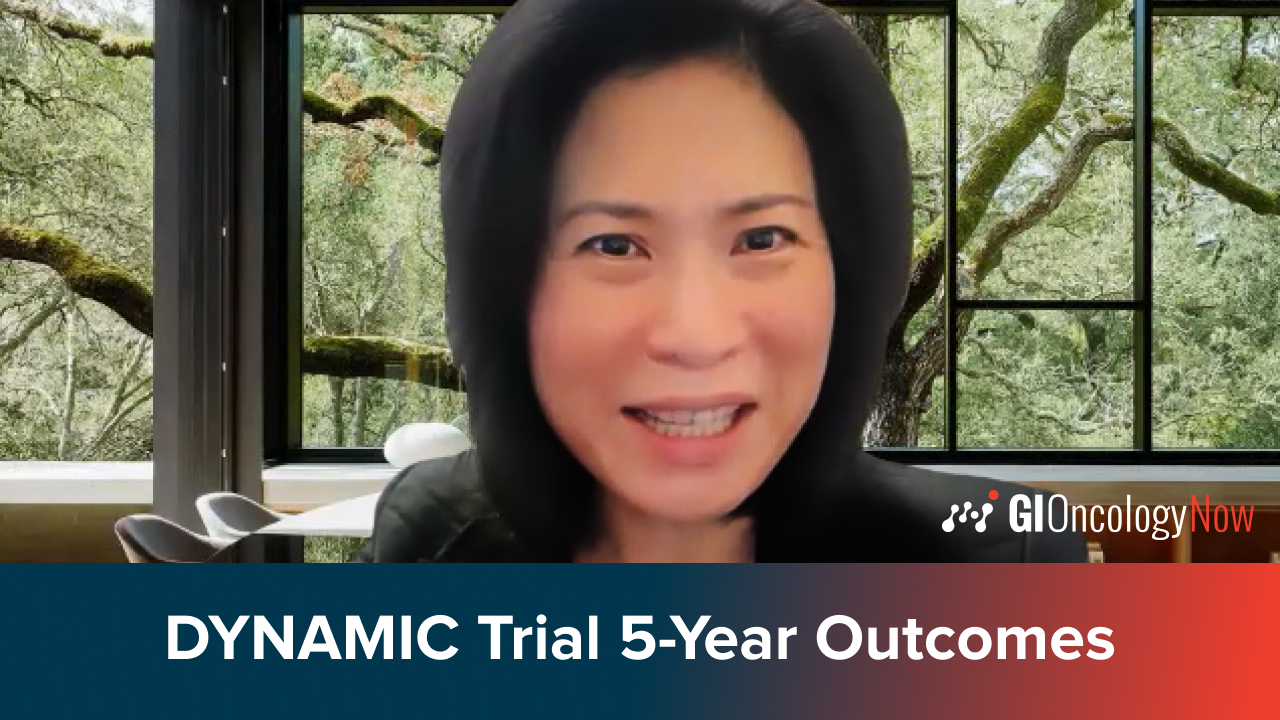
The US Food and Drug Administration (FDA) recently granted accelerated approval for the combination of Bristol Myers Squibb’s Krazati (adagrasib) and Eli Lilly’s Erbitux (cetuximab) for the treatment of adults with locally advanced or metastatic colorectal cancer (CRC) harboring the KRAS G12C mutation. This approval is specifically for patients who have previously been treated with fluoropyrimidine-, oxaliplatin-, and irinotecan-based chemotherapy.
The approval is based on the findings from the KRYSTAL-1 study, a multicenter, single-arm expansion cohort trial. The study, presented at the 2024 American Association for Cancer Research Annual Meeting and published in Cancer Discovery, demonstrated promising results. Out of 94 patients receiving the recommended dose of the combination therapy, 34% showed a positive response. The disease control rate, encompassing both tumor shrinkage and stable disease, reached 85.1%. The median progression-free survival (PFS) was reported at 6.9 months, while the median overall survival (OS) was 15.9 months. After 6 months of treatment, 87.8% of patients were still alive.
Adagrasib targets the KRAS G12C mutation, a common driver in several cancers, including CRC. The drug’s approval marks a significant advancement in targeted cancer therapy, addressing a crucial unmet need for patients with this specific genetic profile.
The KRYSTAL-1 trial involved patients with locally advanced or metastatic CRC who had progressed after previous chemotherapy treatments. Participants were administered adagrasib 600 mg twice daily, along with cetuximab, which was given either biweekly or weekly. The primary end points of the trial were safety and overall response rate (ORR), while secondary end points included duration of response (DOR), PFS, OS, and safety.
The study’s findings revealed a confirmed ORR of 34%, with all responses being partial according to Response Evaluation Criteria in Solid Tumors v1.1 criteria. The median DOR was 5.8 months, with 31% of responders maintaining their response for at least 6.0 months. The median PFS was 6.9 months, and the 6-month PFS rate was 57.7%. Additionally, the median OS was reported at 15.9 months, with a 6-month OS rate of 87.8%.
The patient population in the study had a median age of 57 years and was predominantly female (53.2%). Most participants were heavily pretreated, having received a median of 3 prior lines of therapy. Baseline characteristics included a high prevalence of nodal disease and elevated baseline prostate-specific antigen levels, indicating an advanced disease state.
Safety profiles for adagrasib plus cetuximab were consistent with expectations, with common adverse effects that included rash, nausea, diarrhea, vomiting, fatigue, musculoskeletal pain, hepatotoxicity, headache, dry skin, abdominal pain, decreased appetite, edema, anemia, cough, dizziness, constipation, and peripheral neuropathy.
The recommended dosage of adagrasib is 600 mg taken orally twice daily until disease progression or unacceptable toxicity occurs.






 © 2025 Mashup Media, LLC, a Formedics Property. All Rights Reserved.
© 2025 Mashup Media, LLC, a Formedics Property. All Rights Reserved.